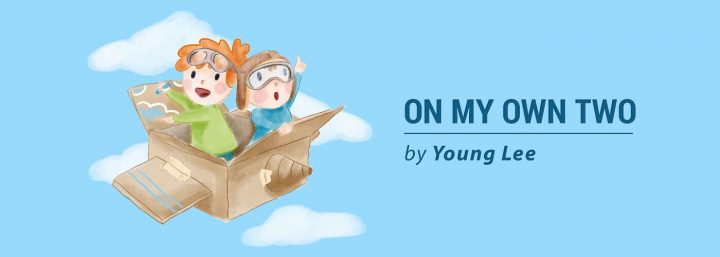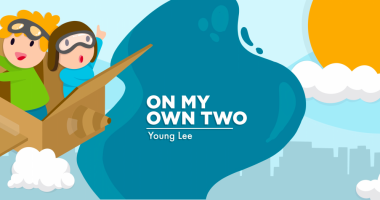Finding Comfort and Community in Gaming

Column by Young Lee
After about three weeks of most nonessential workers in my state self-isolating due to COVID-19, I began to see a steady stream of codes and screenshots appearing on my social media feeds. It was an influx of Animal Crossing posts.
Animal Crossing, a life-simulation video game, invites players to create their own virtual abode and interact with cute anthropomorphic animals. And it seemed to strike a chord with many of my friends and acquaintances, self-proclaimed gamers and otherwise.
The screenshots were folks showing off their in-game neighborhoods. And the codes were invitations to visit and interact in a digital playground free from concerns of contamination and contagions. Because besides just being a whole lot of fun under any circumstances, while facing the stress and uncertainty of a self-isolated life, many seem to find solace in online gaming communities.
And the folks on my social media feed aren’t alone. Stories of weddings, graduations, and school reunions on games such as Animal Crossing and Minecraft are now commonplace.
These events reminded me of something a fellow member of the Charcot-Marie-Tooth community once told me: that disability spurs you on to find ways to be flexible because you have to be creative to meet your needs. And in this way, disabled folks are accustomed to adjusting to new normals, because that’s something we’ve had to do our entire lives.
Though I doubt many things could have prepared us for the emotional toll of the COVID-19 crisis, I can relate to the sentiment from my friend. And I’m reminded of my own gaming background and the stories and experiences of many of my friends who are also disabled gamers.
Because just like many folks who are now finding sanctuary from the craziness surrounding COVID-19 in gaming communities, many disabled gamers were already finding fun and a source of community and connection that is often difficult to find for some disabled populations. Social isolation, after all, is a huge risk for many of us.
Video games first attracted me when I was a young child because they’re just plain fun. It was escapism. And when online and cooperative play became popular, I treasured the opportunity to find an arena where my physical disability would be less of a factor in play.
Because while my CMT is fairly mild, the popular schoolyard games were all team-based, and I always felt guilty for dragging down the rest of my team. But in the digital realm, my physical limitations were a non-factor.
I might not have been the best player, but I couldn’t say it was due to CMT. And that was liberating.
Granted, as my CMT progresses, I know my capability won’t last forever. But I know there’s a lot of interest and work put into accessibility in video games, so I’m optimistic for the future of disabled gaming.
And I know other disabled gamers who’ve found empowerment and a safe space in video games. In the digital world, after all, you get to control your avatar and how people see you and you aren’t limited by how the world wants to define you.
So I just want to say that if you happen to be a gamer, able-bodied or otherwise, I think it’s important to remember to treasure the experience, the community, and the connection we have, and to work to ensure that this space is as welcoming as possible. It’s nice to have a positive spotlight on our community during this time.
If you don’t identify as a gamer but recently turned to video games, perhaps because most other forms of recreation are hampered due to the current crisis, I’m excited for you, because I know there are many things in the gaming world that can be a comfort during this crazy moment.
***
Note: Charcot-Marie-Tooth News is strictly a news and information website about the disease. It does not provide medical advice, diagnosis, or treatment. This content is not intended to be a substitute for professional medical advice, diagnosis, or treatment. Always seek the advice of your physician or other qualified health provider with any questions you may have regarding a medical condition. Never disregard professional medical advice or delay in seeking it because of something you have read on this website. The opinions expressed in this column are not those of Charcot-Marie-Tooth News or its parent company, BioNews Services, and are intended to spark discussion about issues pertaining to Charcot-Marie-Tooth.







Comments